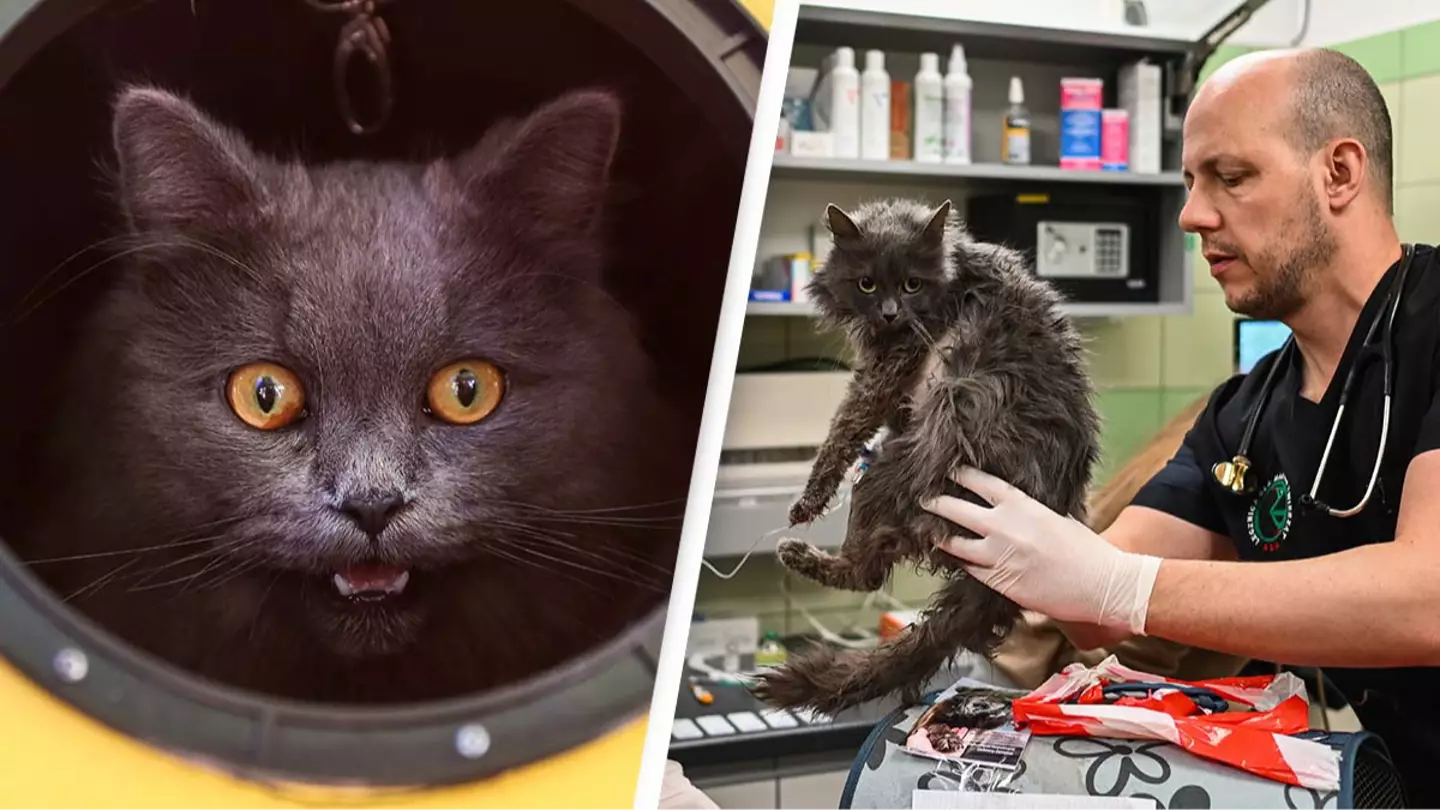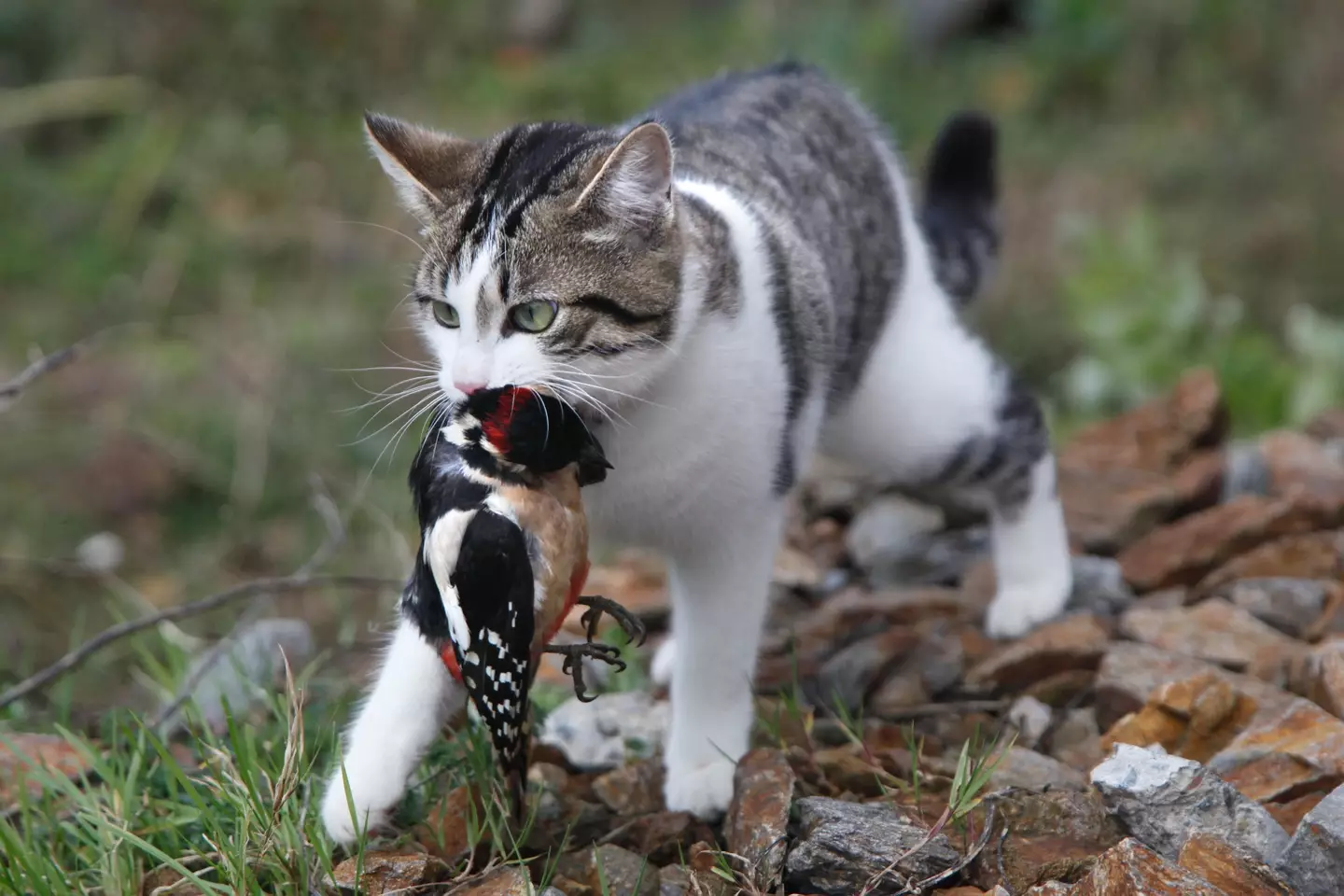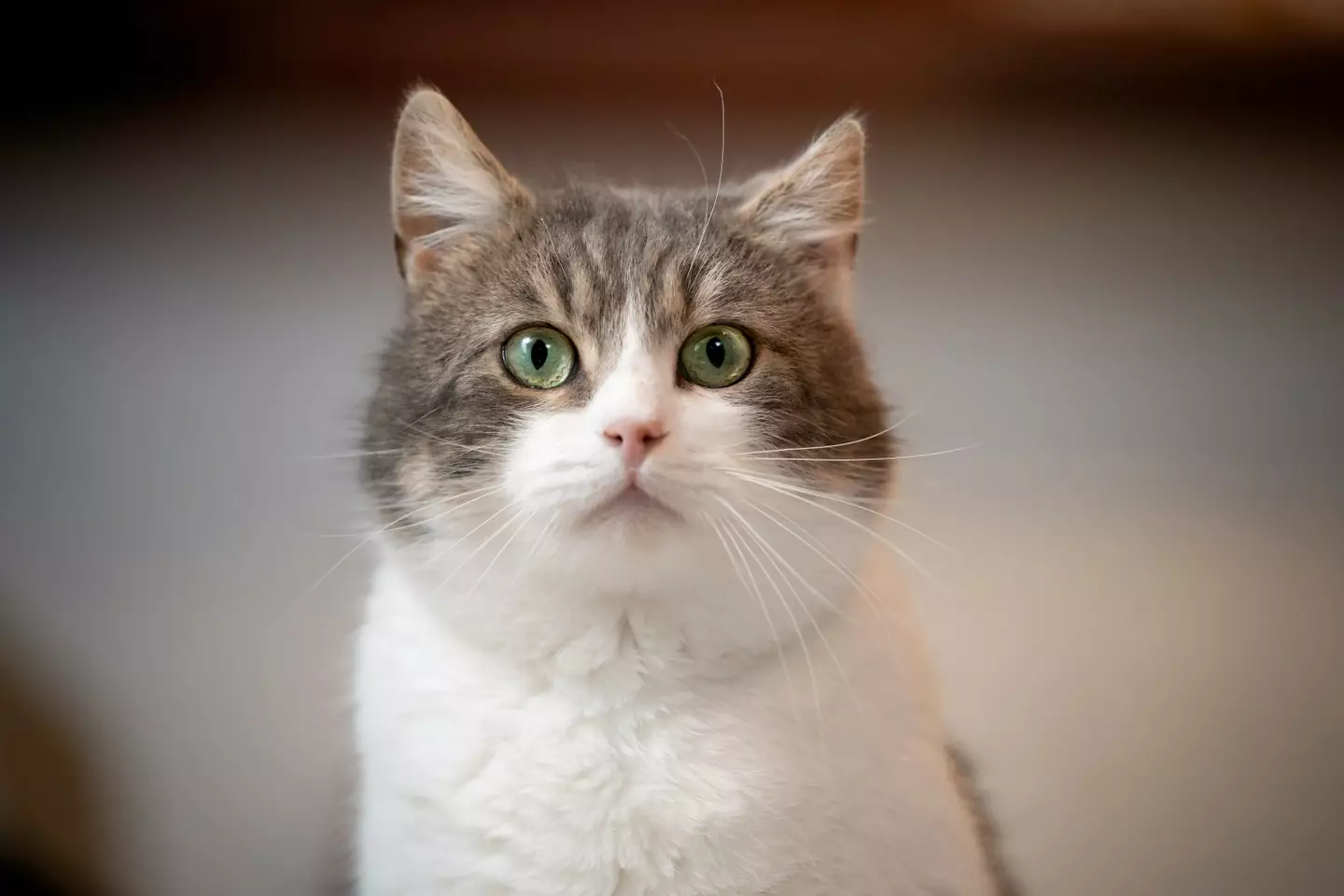
They might be one of the most popular household pets out there, but a new study has revealed the impact that cats have on wild animals.
Anyone who has ever owned an outdoor cat will be familiar with the sinking feeling of waking up to find that your beloved moggy has made you a gift out of a mouse or songbird.
But now a study has examined the species which the cuddly killers target, and it turns out that it is enormous.
Advert
An exact number has been pinned down, and it's some 2,084 species which are targeted by domestic and feral cats.
Essentially, if they can catch it and kill it, it's fair game.
Not only that, but cats can have a significant impact on endangered species, and are the most prolific invasive predator.
Taken altogether, that means that nine percent of known birds, six percent of known mammals, and four percent of known reptile species are preyed upon by cats.
And that's not including the odd insect as well.
The study authors said: “Our study sheds light on the predatory habits of one of the world’s most successful and widely distributed invasive predators.

"To our knowledge this study is the most comprehensive global synthesis of cat diet to date, and possibly the largest for any species worldwide.
“Our findings demonstrate that cats are indiscriminate predators and eat essentially any type of animal that they can capture at some life stage or can scavenge."
Unfortunately, this means that the domestic cat is a big problem for the conservation of wildlife species.
This is particularly in islands such as New Zealand, where species have often evolved in isolation.
That leaves native species more vulnerable to invaders such as rats and cats.

The study said: “The high representation of species of conservation concern in cat diets (16.65 percent) is worrying given that cats have already been linked to 26 percent of bird, mammal, and reptile extinctions globally, and are recognized as major threats to many extant threatened species."
The study was conducted by compiling more than 500 previous studies on cat diet to build up a comprehensive picture of the variety of animals which are vulnerable to cats.
In fact, the problem is so well-known that some regions have began legislating against cats.
In Australia, an eastern suburb of Melbourne introduced a 24-hour curfew for cats, meaning that only house cats are permitted.
Some cat owners are changing how they treat their pets. Instead of letting the cat out, some now take them out for a walk on a lead like a dog.
Topics: Animals, Cats, Environment, News, World News, Science
